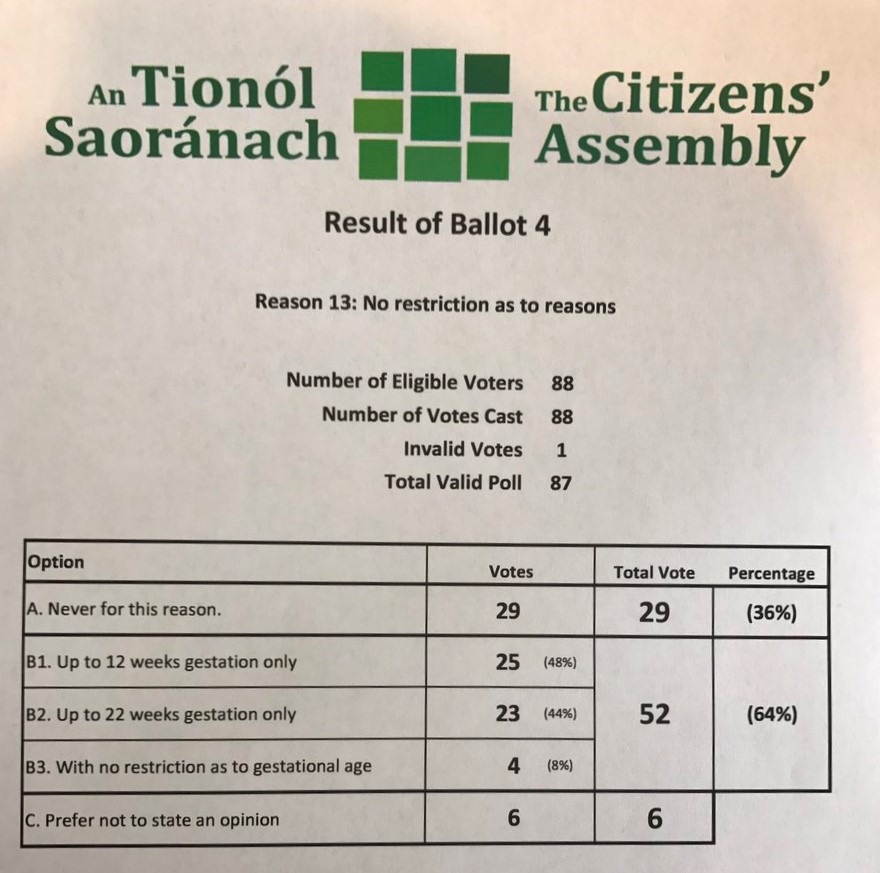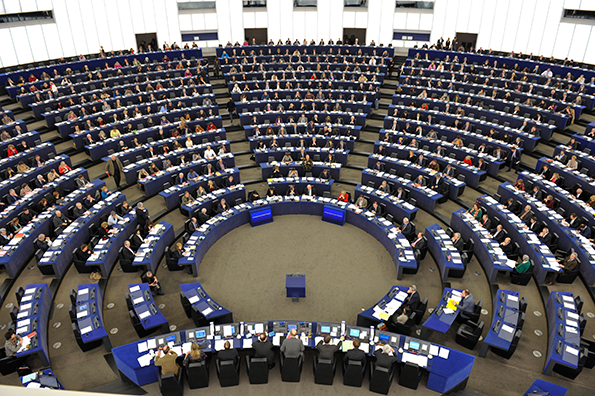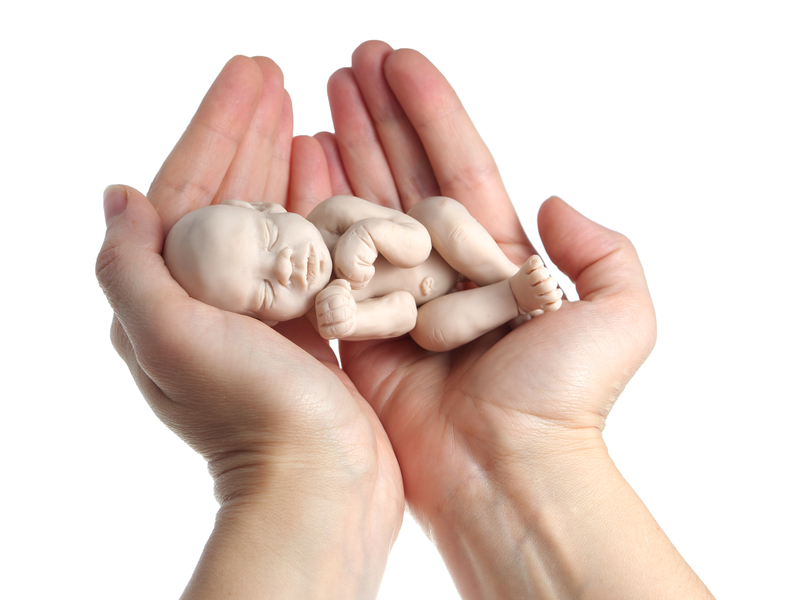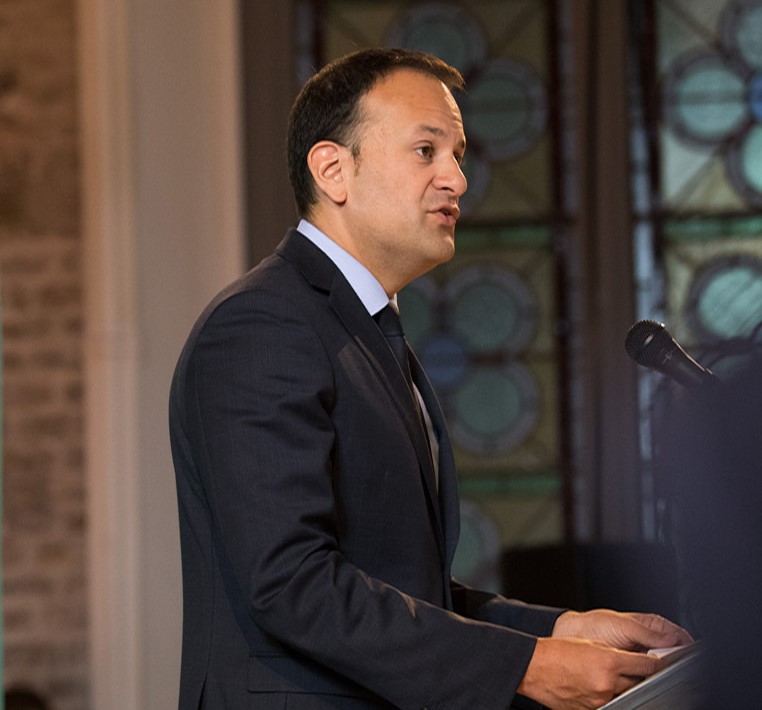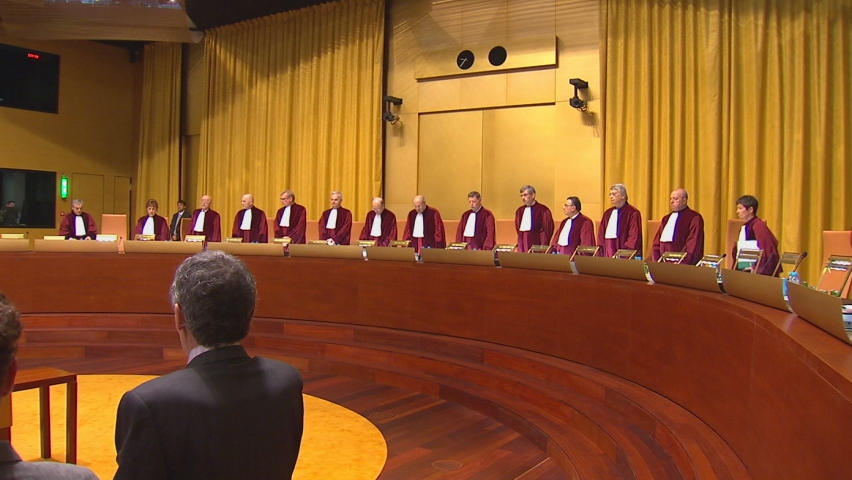Ms Justice Laffoy, the Chair of the Citizens’ Assembly, has defended its recommendations and rejected claims it was misled into taking a liberal stance on abortion. “I believe the legitimacy of the Assembly’s recommendations is built upon the robust process applied to our consideration of the topic,” she told the opening public session of the joint Oireachtas Committee on abortion yesterday. Asked by Fine Gael TD Kate O’Connell if she thought the assembly members were “somehow misled into voting as liberally as they did,” Justice Laffoy responded, “It did not mislead the citizens, and it was not responsible for a liberal approach.”
Independent Senator Ronan Mullen defended the Eighth Amendment, saying “thousands of lives have been saved by having this amendment”. He argued representatives of certain bodies which appeared before the assembly, such as the British Pregnancy Advisory Service (BPAS) were “not neutral” and said it was inevitable they would attempt to “sanitise” abortion. Fine Gael TD Peter Fitzpatrick said he was “personally shocked” that 64 per cent of assembly members recommended the termination of pregnancy without restriction should be lawful.
The committee will meet again on Wednesday of next week.




